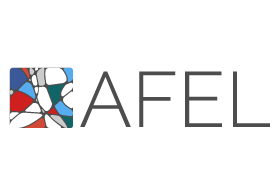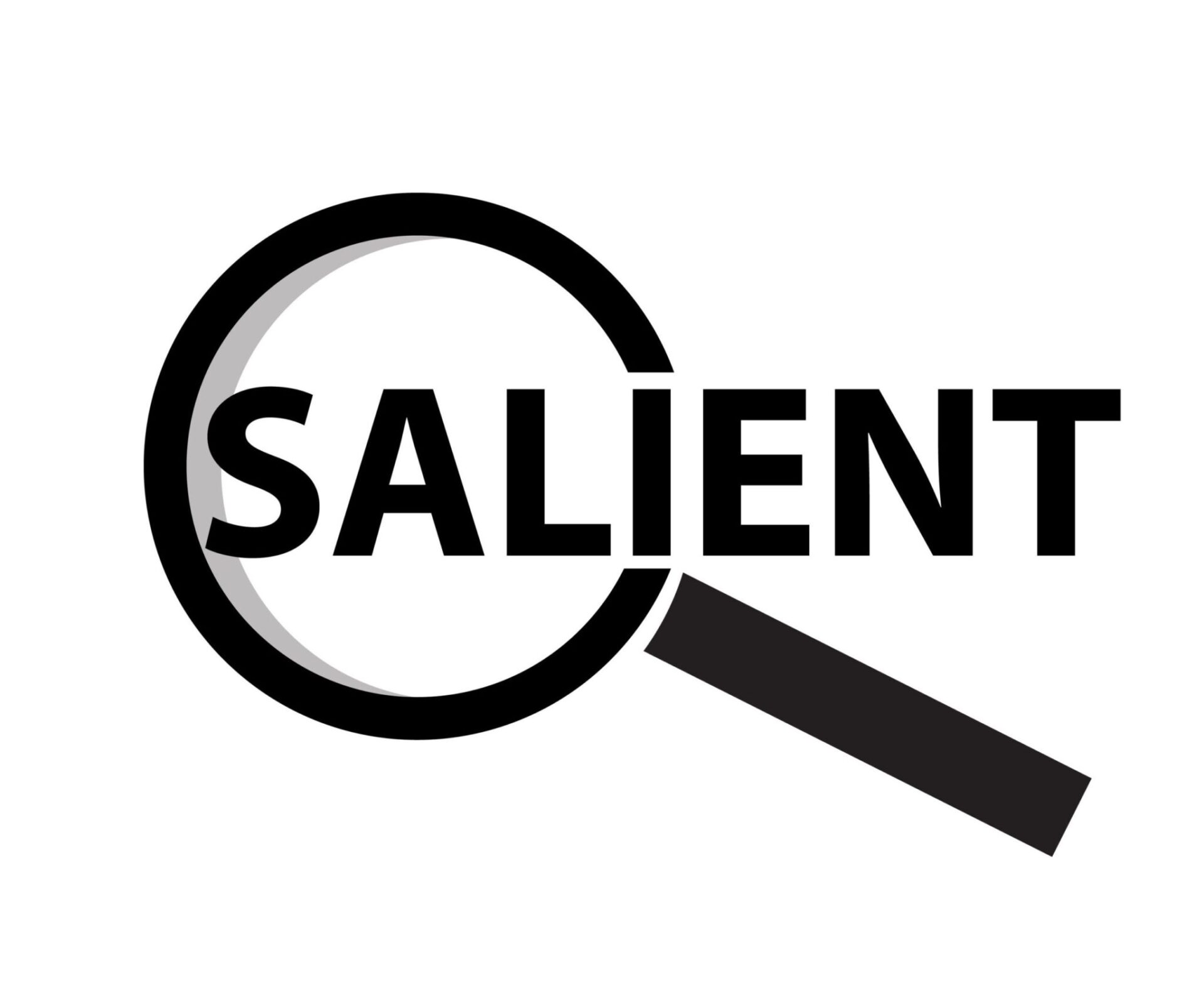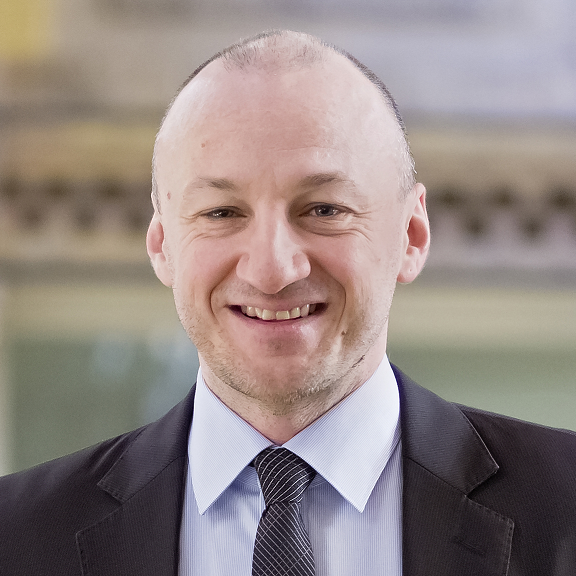How can the web help with learning?
Everyone knows that: What you don’t know is quickly asked on the Internet – whether at work or privately. And indeed, online activities are often about acquiring knowledge: in everyday web searches with search engines such as Google, in research in online encyclopaedias such as Wikipedia or in interactions in the social media. But is the learning goal also achieved? While in classical learning scenarios of formal education – i.e. in school, training and university – learning goals, knowledge level or learning success are known, this is different in so-called informal learning on the net: platform operators usually have no information about the intention and previous training of their users. Whether someone is an expert on a subject or has no previous knowledge is irrelevant when learning on the web. Even the question as to whether an online search pursues a specific learning objective at all is often difficult to decide for both humans and machines. The research projects AFEL (Analytics for Everyday Learning) and SALIENT (Search as Learning – Investigating, Enhancing, and Predicting Learning during Multimodal Web Search) want to solve this problem – with a data-driven approach and innovative methods of artificial intelligence. Online interactions generate a wide variety of user data, such as search and navigation behavior, which can be indicators of the intentions and goals users are pursuing, i.e. whether the technical article still belongs at the top of the hit list or rather a simple answer.
The Horizont-2020-Project AFEL, funded by the European Commission, explores learning on the social web and in everyday online activities in an international consortium. The scientists develop methods and tools to help platform operators and users achieve their learning goals. As results, mobile apps and browser plug-ins for integration into social networks are already available, which observe user behavior, measure learning success and visualize information.
The research project SALIENT, which is funded by the Leibniz Association as part of the Leibniz Competition 2018, has been investigating learning in web search since May 2018. In contrast to AFEL, this is also about semi-informal learning scenarios, for example when students are looking for information for a seminar paper. SALIENT is also concerned with the use of multimedia learning resources such as videos, for example from the TIB AV portal or Youtube. Scientists from the L3S, the Leibniz Information Centre for Technology and Natural Sciences (TIB), the Leibniz Institute for Social Sciences (GESIS) and the Leibniz Institute for Knowledge Media (IWM) are working together in an interdisciplinary network on the subject of Search as learning. They combine learning theory and psychological aspects with research topics in the fields of information and multimedia retrieval, machine learning and web mining. Initial results have shown that it is possible to derive the state of knowledge and learning success from user interactions with the help of machine learning methods. In order to automatically classify user behaviour and draw conclusions about the expected learning success, the chronological course of search sessions and search queries or the navigation and browsing behaviour, for example, are analysed.
With the help of research results from AFEL and SALIENT, social media and search engines should better recognize and consider the needs of their users in order to enable more effective and efficient learning in online environments. The scientists are working on correspondingly adapted ranking algorithms and recommendation systems.
Featured Projects


Contact

Prof. Dr. Stefan Dietze
L3S member Stefan Dietze is Professor at the Institute of Computer Science at Heinrich-Heine-University Düsseldorf and Head of Department at GESIS (Cologne). His research focuses on the interface between information retrieval, semantic technologies and artificial intelligence.

Prof. Dr. Ralph Ewerth
L3S member Ralph Ewerth is professor at the Faculty of Electrical Engineering and Information Technology at Leibniz Universität Hannover and heads the Visual Analytics research group at the Leibniz Information Center Technical Information Library (TIB).


